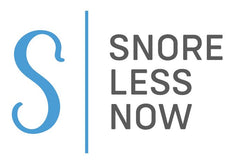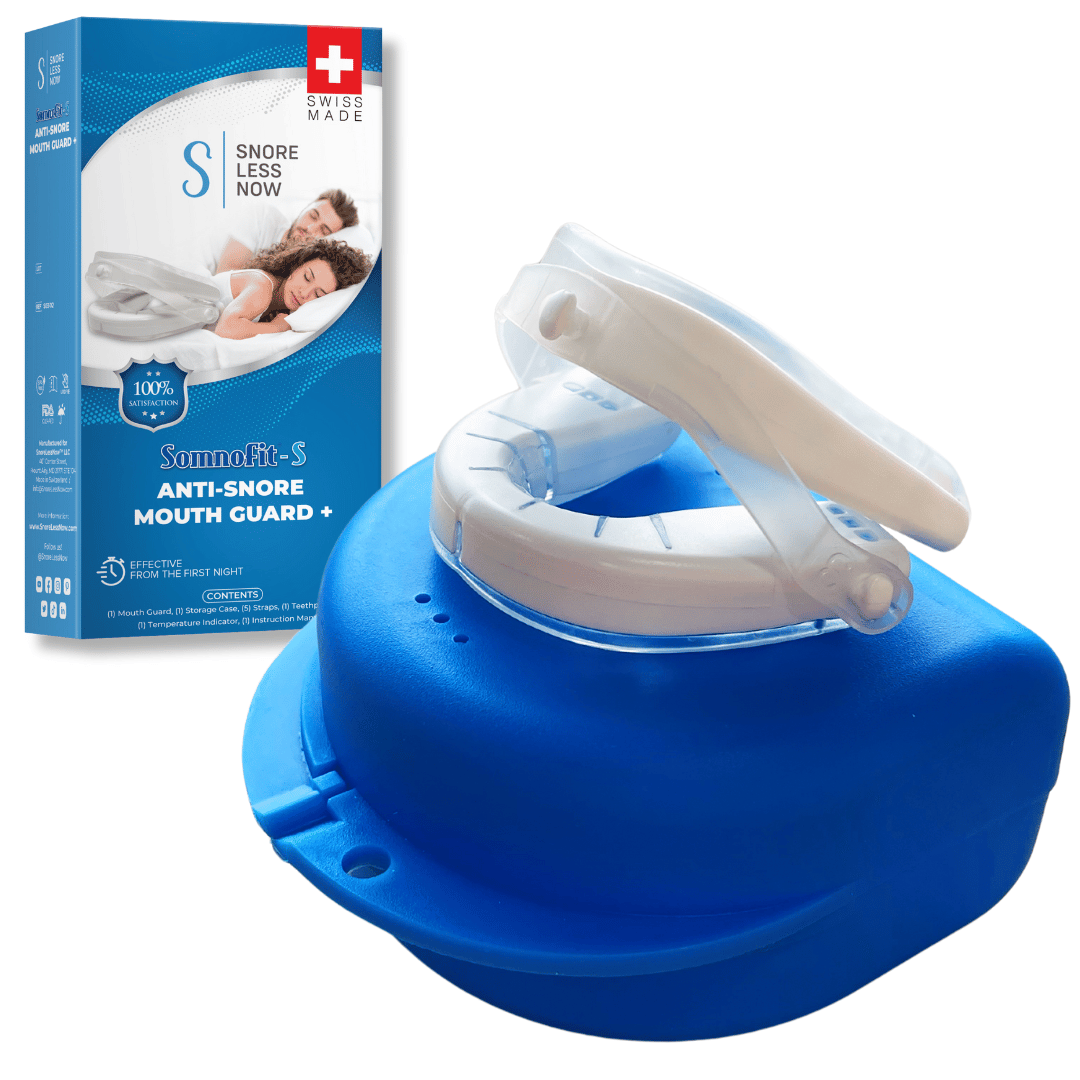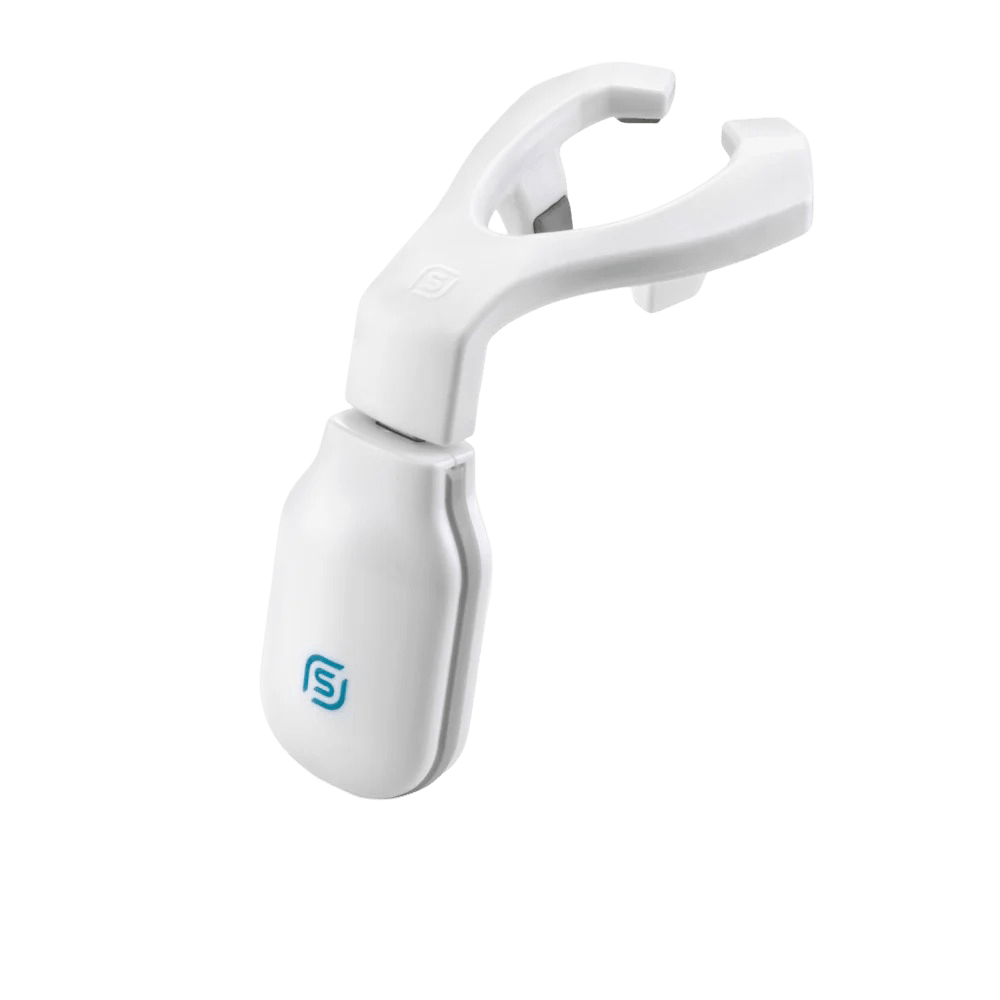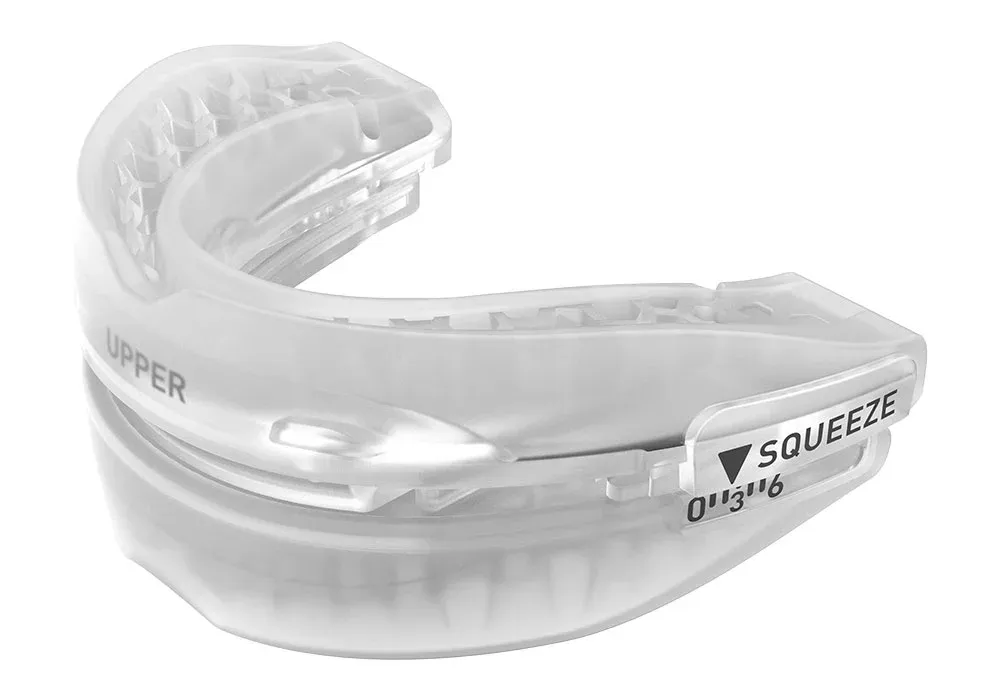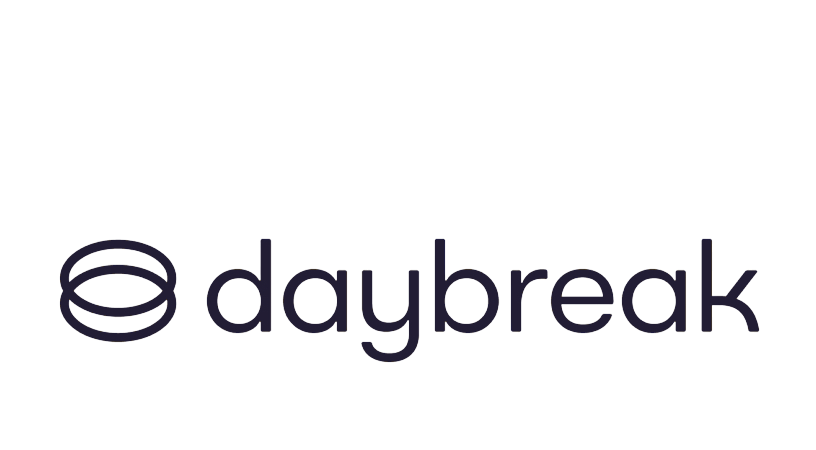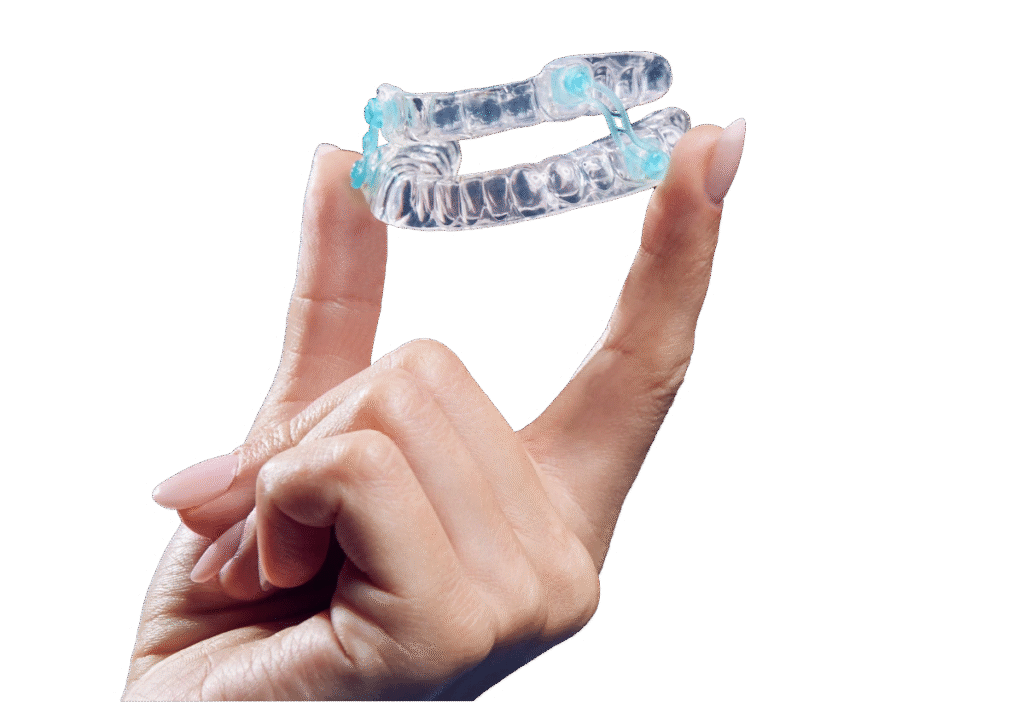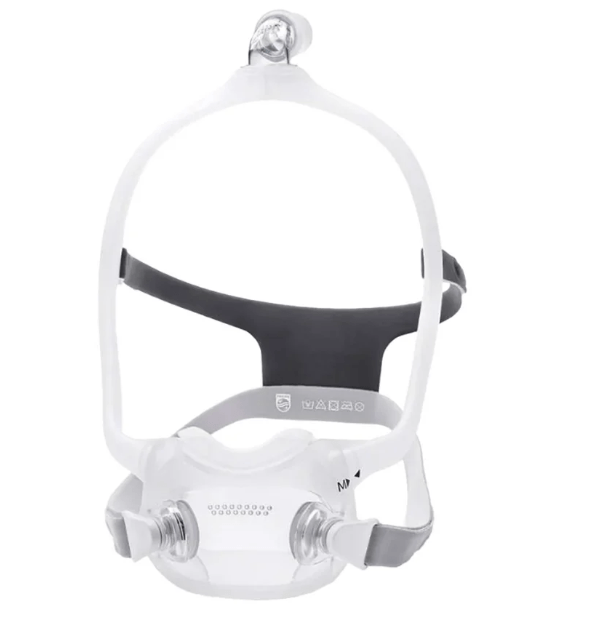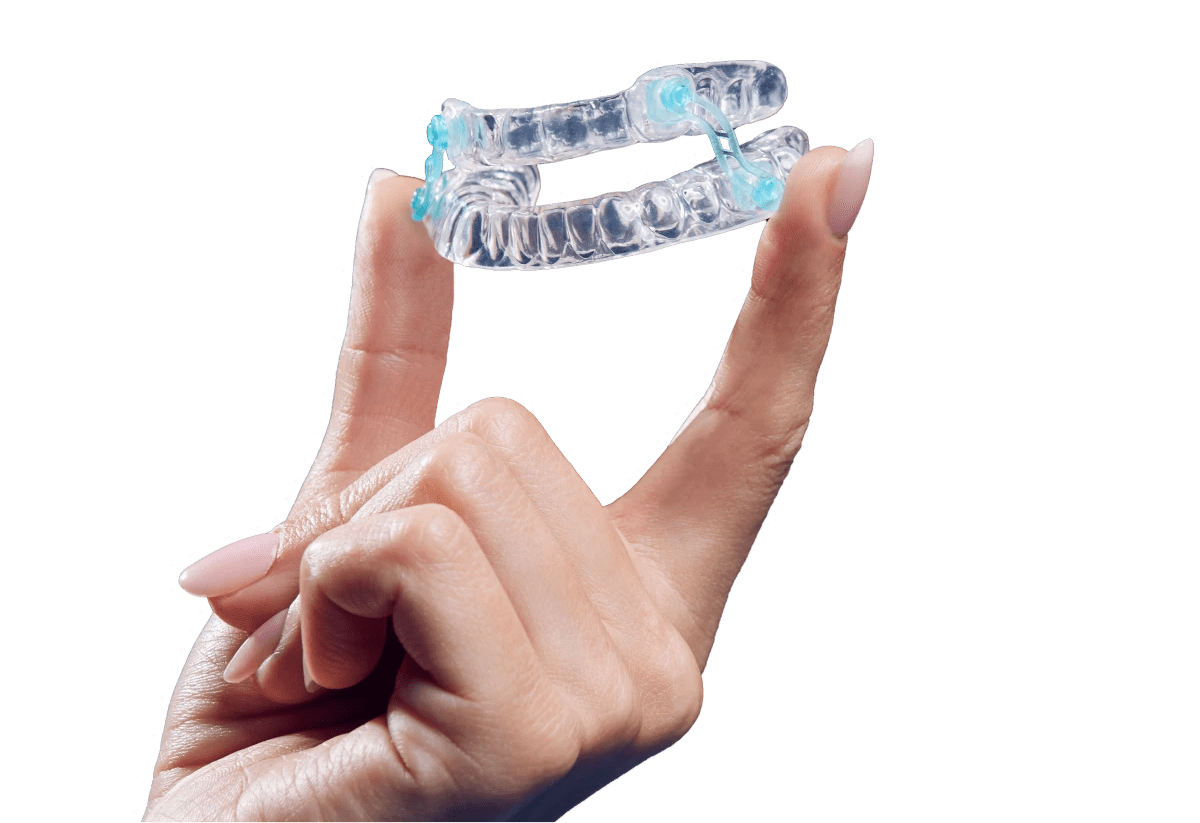Best Mouthguards for Snoring
We tried the best oral devices to improve nighttime breathing. From budget-friendly to custom-fit recommendations from doctors, here are the best oral devices proven to stop snoring.
We tried the best oral devices to improve nighttime breathing. From budget-friendly to custom-fit recommendations from doctors, here are the best oral devices proven to stop snoring.
Last Updated: February 15, 2026
We may collect commissions for purchases from our links.
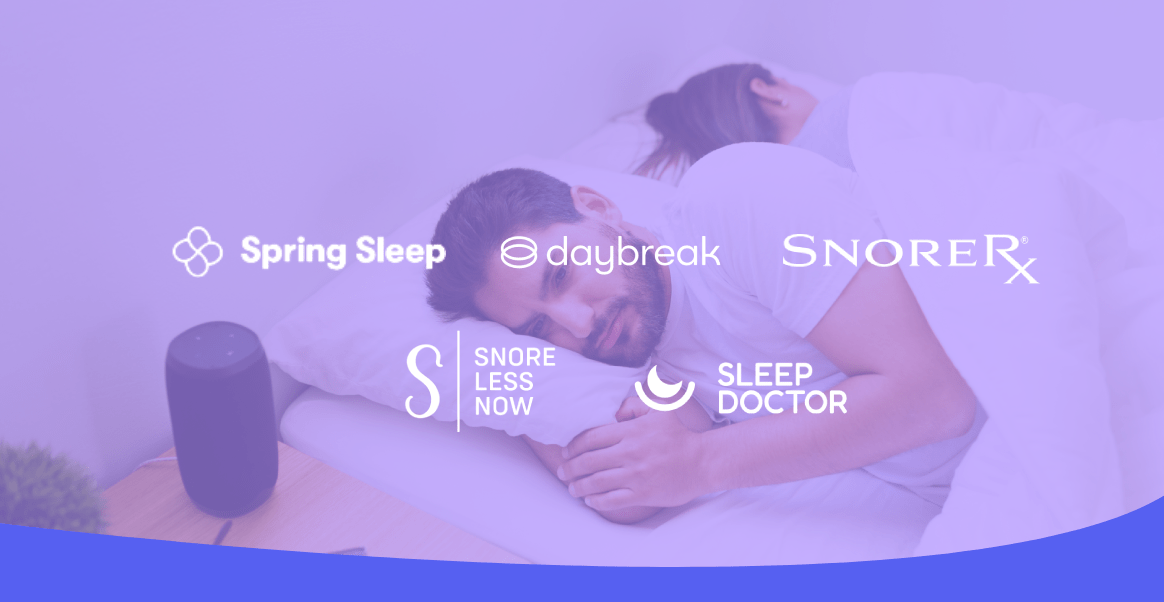
Last Updated: February 15, 2026
We may collect commissions for purchases from our links.

